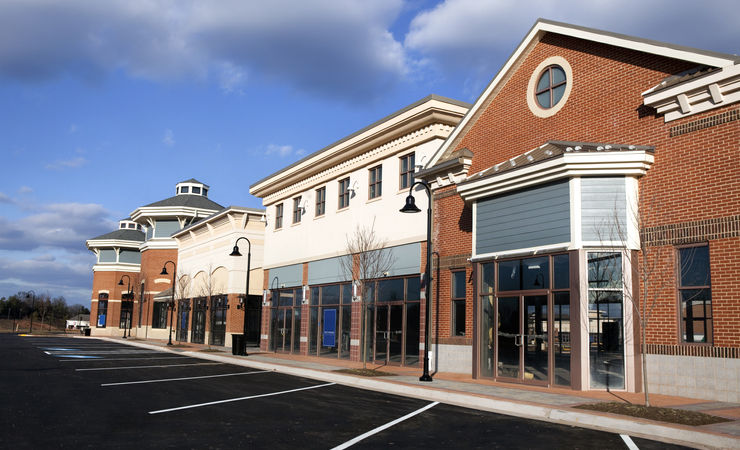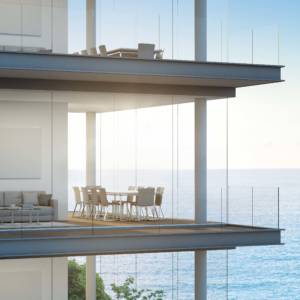The tcja eliminated the separate asset categories for qualified leasehold improvements qualified restaurant property and qualified retail improvement property effectively lumping all of these separate classes into one qip category.
Roof leasehold improvements qualified.
Examples of such qualifying improvements include installation or replacement of drywall ceilings interior doors fire protection mechanical electrical and plumbing.
Qip is a new definition that encompasses leasehold improvements retail improvements and restaurant property.
Qualified leasehold improvements and qualified improvement property are deductible over 15 years instead with an option for bonus depreciation the first year.
What is qualified leasehold improvement property.
For example hvac costs in a retail shopping center might include ductwork inside the building that is eligible for qip and package units on the roof that are not.
Interior spaces are modified according to the operating needs of the tenant for example changes made to ceilings flooring and inner walls.
As accounting professionals navigate the transition between asc 840 and asc 842 leases and consider the changes implemented in the tax cut and jobs act tcja of 2017 and the coronavirus aid relief and economic security act cares act enacted in march 2020 questions regarding the definitions of lease related terms and proper accounting application are in no short supply.
The new law increased the maximum deduction from 500 000 to 1 million.
Qualified leasehold improvements must meet four conditions to be classified as an eligible depreciable asset.
Other examples include certain storefronts and interior seismic retrofits.
The tax cuts and jobs act of 2017 tcja allowed for 100 additional first year depreciation deductions 100 bonus depreciation for certain qualified property.
For taxable years beginning after 2018 these amounts of 1 million and 2 5 million will be adjusted for inflation.
Leasehold improvements are typically made by the owner.
The part of the building containing the improvement must be solely occupied by the lessee.
An alternative option is to claim the improvements as a section 179 deduction allowing you to write off some or all of the cost the first year.
Qip refers to any improvement made by a taxpayer to an interior portion of an existing building that is nonresidential real property residential rental property is excluded.
Currently section 179 expensing is a great option for potentially writing off some or all of your qip expenses.
Tenant improvements often include items that are not eligible for qip treatment.
Until a technical correction is made qip is assigned a 39 year life and therefore is not eligible for bonus depreciation.
Prior to the tcja many interior improvements to nonresidential building were eligible for bonus depreciation as qip.










